palms ferns cycads
Please login or become a member to start adding favourite plants & articles to your profile.
choosing palms ferns & cycads
QUICK TIPS:
1. Choose between solitary and clustering palms
2. Self cleaning palms drop big leaves
3. Palm fruits can be messy below
4. Use ferns where moisture is regular
5. Use fern foliage for texture contrasts
6. Position cycads as a constant sculptural feature
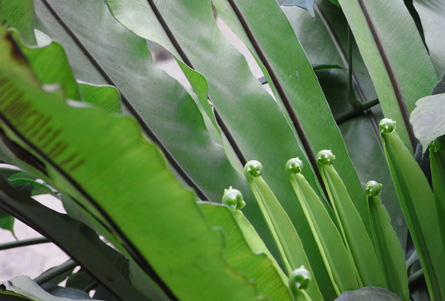
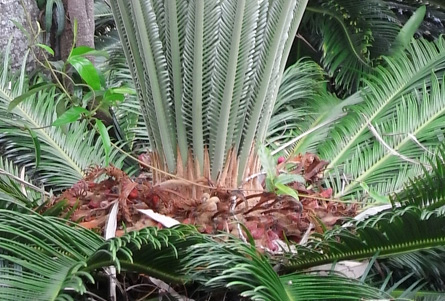
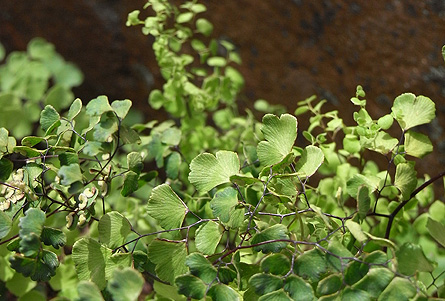
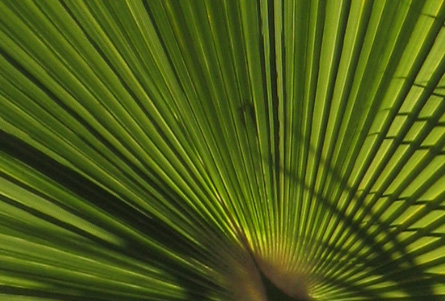
Palms, ferns and cycads have similar features and are often confused.
It's not flowers but their often large and divided, elegantly arranged leaves that are the feature - and their texture is a staple in tropical garden designs.
Palms are evergreen flowering plants, varying from tree-size to shrub-like or climbers. Leaves are typically either feather-shaped or fan-shaped and emerge from the top of unbranched solitary or multiple clumped stems. These stems or trunks may be patterned or coloured.
Some palms are self-cleaning, dropping old leaves while others retain them as a skirt around the top of the stem. Their fruits can be productive or purely ornamental but their fall can also be hazardous and messy.
The sculptural form of palms suits formal and contemporary gardens. Some prefer shelter and make successful indoor plants. Others from dry and windy regions or with blue or grey colouring suit mediterranean, coastal or even dry-style designs.
Ferns and fern allies (horsetails and club mosses) are non-flowering plants with spores for reproduction. With tender foliage and shallow root systems, they are typically suited by constantly moist, shaded conditions and in oriental and woodland garden styles.
From groundcovers to tree-like, the lush and mostly green fronds of ferns provide ornamental texture contrasts. Some are epiphytic; growing on other plants though not relying on the host for nourishment. Herbaceous ferns retreat from adverse conditions by going underground. The unfurling of young fronds or crosiers is often a feature.
Cycads are also non-flowering plants but have sculptural cone-like structures and often-colourful seeds. A large rosette of rigid evergreen leaves - often tipped with spines - produces a sculptural silhouette suited to formal, mediterranean, contemporary and oriental designs. Their short stem develops mainly below ground or slowly emerges to raise the canopy.
Find a palm, fern or cycad for your garden with the Plant This Plant Selector.
Comments (0)
Tell our Plant Selector what you want & like and we'll search thousands of plant profiles for compatible matches
Special Offers
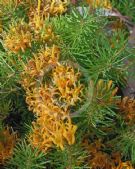
Plant of the Day
Mountain Geebung
Plant type: evergreen shrub
H: 0.2m W: 1.2m
Sunlight: hot overhead sun to dappled light

Fast Facts
palms
Some palms retain old leaves as a skirt along their stem. Others are self-cleaning and drop large leaves as well as fruit that can be messy and dangerous.
Recently added palms ferns cycads articles
Most viewed palms ferns cycads articles
Get the Plant Selector's full features plus news, forums & competitions. Sign up, it's free.
Click here for more





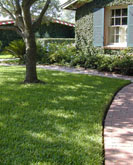

You must be a member to share: Login or Register